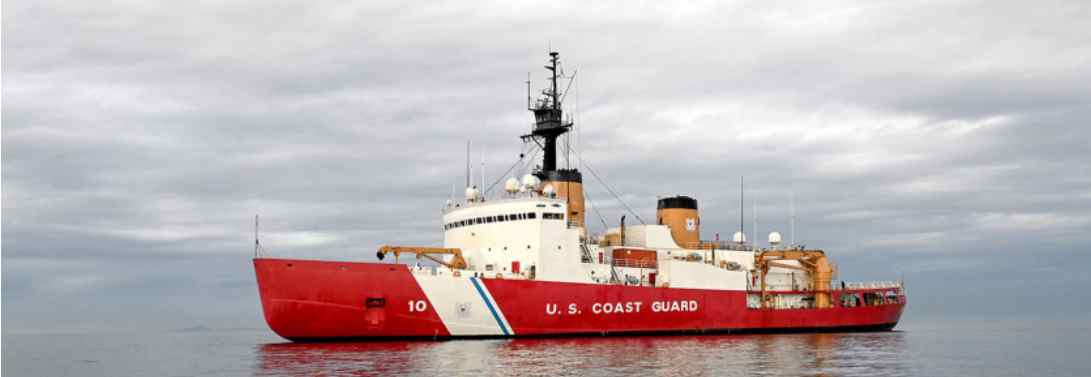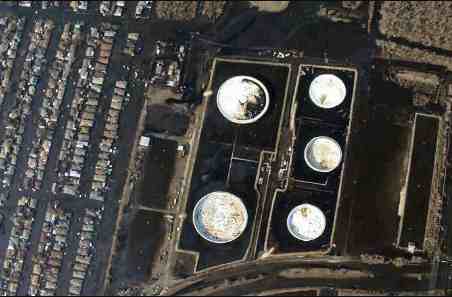MOSCOW — At least 10 environmental activists have been arrested outside the headquarters of Russia’s energy giant, Gazprom. The Greenpeace demonstrators are protesting Russia's Arctic drilling.
Several Greenpeace members dressed as giant, fluffy white polar bears and rolled around in fake snow, while others chained themselves to a fence near Gazprom’s headquarters in central Moscow. The activists are demonstrating against Russia’s push to drill in the Arctic.
Roman Dolgov, a coordinator at Greenpeace Russia, says oil exploration of the Arctic will inevitably lead to physical destruction of the region. That is why Greenpeace wants to create a conservation zone around the North Pole. He explains this protest symbolizes polar bears exiled from their home by the greed of the oil companies. They moved here and created a conservation zone near Gazprom’s headquarters.
Demonstrators also held up posters that read, “Miller Your Driller is an Arctic Killer” – a reference to Gazprom chief executive officer Alexei Miller. Protesters also put up a large banner on Gazprom’s fence that read, “Gazprom Kills Arctic.”
|
|
Last month, members of Greenpeace stormed an oil rig platform owned and operated by a subsidiary of Gazprom in Russia’s Pechora Sea. Analysts and environmentalists warn that drilling in Russia’s arctic could be disastrous if there is an oil spill.
Gazprom has not commented on the protest. The Kremlin, which tightly controls Gazprom, has consistently maintained officials have the proper permits and infrastructure for drilling. But since the collapse of the Soviet Union, Russia has seen a number of disasters due to a lack of equipment, safety checks and infrastructure.
Russia has made it no secret it is trying to access the vast mineral, oil and gas wealth that sits under the Arctic. According to the United States Geological Survey the area north of the Arctic Circle contains more than 90-billion barrels of oil and more than one-and-one-half-trillion cubic feet of gas.
There is no word on what type of charges the demonstrators will face. Earlier this year, the Duma, Russia’s lower house of parliament, increased the fines for those participating in unsanctioned protests more than 150-fold, to more than the average salary of a Russian.





